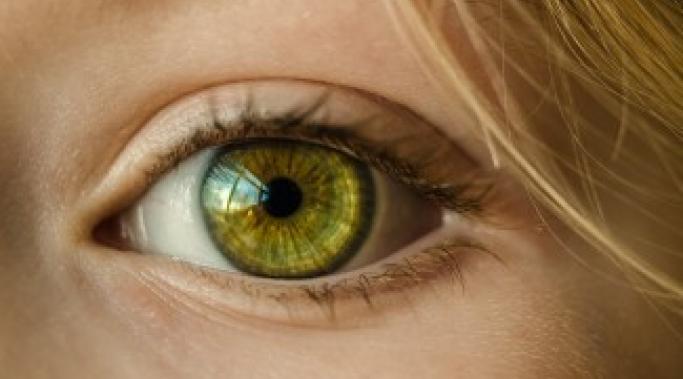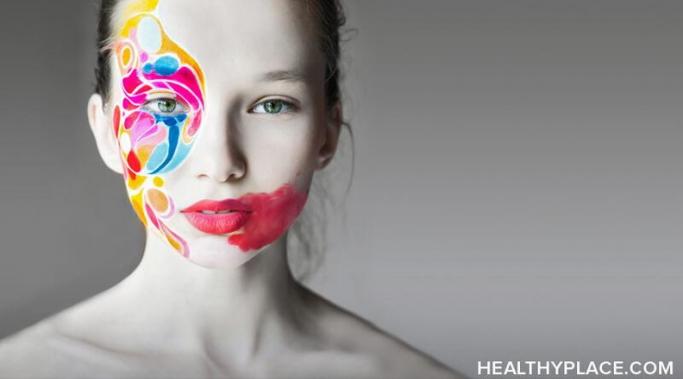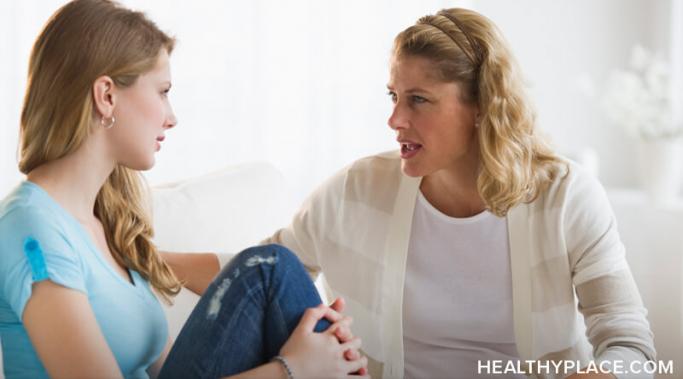Eating disorders can affect the way we view sex and sexuality. They whittle down more than what our bodies look like. They destroy our sense of self, our relationships, and take a toll on our emotional, spiritual, and psychological wellbeing. When I began my recovery in the hospital, the group decided to have a conversation about sex. What I learned was fascinating and solidified that eating disorders affect our sex lives.
Surviving ED
EMDR treatment, or eye movement desensitization and reprocessing, can help eating disorder recovery (EMDR: Treatment for PTSD). What are those four strange letters and how can they help me, you might ask? EMDR, which is performed by someone licensed and trained in EMDR, is a rapid eye movement therapy usually associated with posttraumatic stress disorder (PTSD) because it works to treat trauma. According to the director of the New York Center for Eating Disorders, 40-60% of men and women who they treat for eating disorders have experienced sexual abuse. Since sexual abuse is traumatic, EMDR can help on the road to eating disorder recovery.
At some point in your eating disorder recovery, you will need to release anger. Recovery is an interesting process and it can also be tough. When anger comes up, it’s important to know how to handle it so that it doesn’t get stuck in your body and trigger eating disorder patterns (How to Channel Anger Constructively). Take a look at these helpful suggestions to help you release anger as it arises in your eating disorder recovery.
Art can be an important coping tool in your eating disorder recovery. Eating disorders thrive on rigidity. They tell us what to eat, what not to eat, how much to run, when we’ll starve, purge, or hide away from the world. Eating disorders are built on control and structure (Anorexia: A New Form of Control). Art can be flexible and fluid. Art can be wild, spacious, and free. Art can be what we want it to be. This is why art as a coping tool in eating disorder recovery is even more important to have on our side.
In life, and in your eating disorder recovery, you are the constant. Let’s be honest, when we have an eating disorder, recovery feels like the most daunting path we face. There are reasons the eating disorder started; therefore, recovery is a process of exploring little black holes, and learning the skill sets we missed. Recovery can feel as though it depends on so many external things. Will we get into a good recovery program? Will it be covered by health insurance? Will we find a therapist who helps us move forward? Recovery can feel as though it’s based on a slew of external decisions, and we’re simply a bystander. However, the reality is that we are the constant in eating disorder recovery We are the most important factor.
Each year, as the New Year rolls around, millions of us with eating disorders set our resolutions. One of the number one American resolutions is to exercise more, with gym memberships spiking in January and then waning soon after. Despite good intentions, many people’s motivation falls to the wayside with nothing more than a shrug. However, for those with eating disorders, resolutions involving our weight or bodies can make for a dangerous year (Are Your New Year’s Resolutions Aiding Your Eating Disorder Recovery?). Here’s how not to set a New Year’s resolutions with an eating disorder.
Hope in eating disorder recovery is a vital key to success (Hope – the Foundation of Mental Health Recovery). Without hope, we have nothing to look forward to but a life tortured by our eating disordered voice and patterns. We have day after day of a cruel, incessant voice in our ears about what failures we are. Hope, even if just a sliver, is like a thin whisper of smoke over the mountains when you’re wandering alone in the forest. That smoke says, “If I can just make it there, over the mountain stretch, there’s a place waiting for me by the fire.” So how do we raise our heads and see the thin veil of smoke as we wander? How do we keep hold of hope in eating disorder recovery?
How do you talk to someone with disordered eating around the holidays? The holiday season is a time of gathering and lots of food. The average person may complain of overindulging and gaining some turkey or pie weight. But for the person with an eating disorder, the joy of the holidays can be a time filled with anxiety (Surviving [and Thriving] During the Holidays With An Eating Disorder). Food is a part of celebration but for those with disordered eating, it can be difficult to maintain stability or stay on the recovery path. Added to that stress are the dreaded looks or awkward questions of friends and family members. Here’s how to be a supportive person and talk with someone with disordered during the holiday celebrations.
How do you talk to someone with disordered eating around the Holidays? The Holiday season is a time of gathering and lots of food. The average person may complain of overindulging and gaining some turkey or pie weight. But for the person with an eating disorder, the joy of the Holidays can be a time filled with anxiety (Surviving (and Thriving) During the Holidays With An Eating Disorder). Food is a part of celebration, but for those with disordered eating it can be difficult to maintain stability or stay on the recovery path. Added to that stress, are the dreaded looks or awkward questions of friends and family members. Here’s how to be a supportive person and talk with someone with disordered during the Holiday celebrations.
You don’t want your eating disorder to magically disappear. You may be thinking, “Um, yeah I do,” but hear me out. In counseling, there’s something known as the “miracle question.” Often it sounds like, “If you woke up tomorrow and you no longer had your problem, how would you be different? How would your life be different? How would your future be different?” The process is supposed to get you to think about, envision, and even feel what your life might be like if your problem were gone. But here’s why you don’t want your eating disorder to magically disappear.









